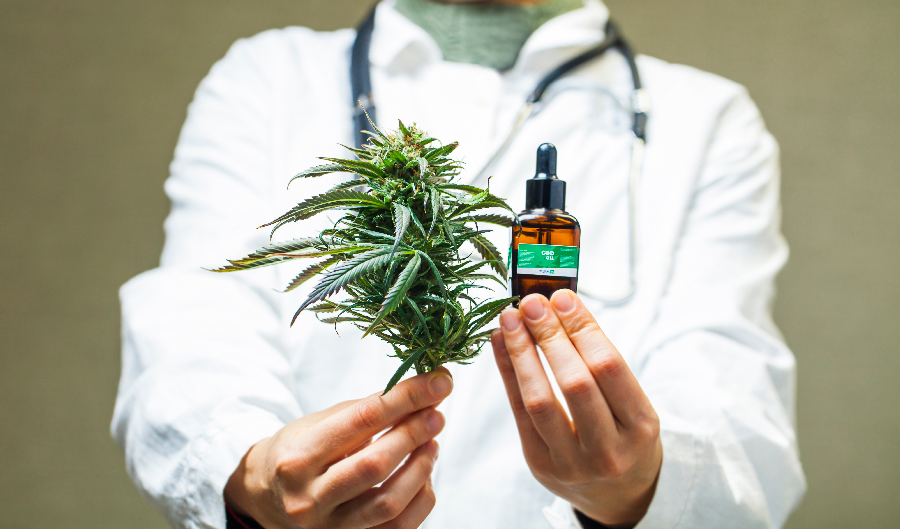
The legality of cannabis for medical and recreational use varies by country, in terms of its possession, distribution, and cultivation, and (in regards to medical) how it can be consumed and what medical conditions it can be used for. These policies in most countries are regulated by three United Nations treaties. In 2019, Thailand legalized medical cannabis to prepare for cannabis recreational - that could potentially be legalized thereafter - and the authorities aim to benefit not only patients, but also researchers, farmers, tourists, and domestic business while protecting the Thai market from big pharma and intellectual property theft, as well as considering international narcotics treaties. This leads to a complex licensing practice and a diffuse schedule of responsibilities to secure strict and safe practices around the medical substance. We provide advice on all aspects of cannabis legality including, but not limited to, licenses, requirements, Thai Food and Drug Agency, university research, Import and Export, distribution, safety protocols, company structure, agreements, compliance, manufacturing, and etc.
